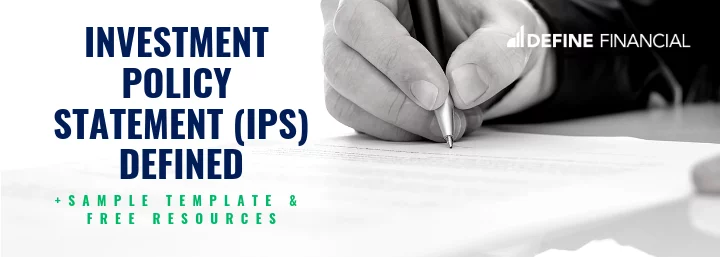If you’re retired or planning to retire in the next decade, Congress just made decisions that directly affect you and your financial future. On July 4th, 2025, lawmakers passed the “One Big Beautiful Bill Act”—an…
Continue Reading
Blog
California Capital Gains Tax: A Comprehensive Guide

Making a profit on real estate, stocks, or other investments can significantly shape your long-term financial picture. However, those gains often come with added tax responsibility—especially if you live in a state like California, where…
Continue Reading
California Inheritance Tax: What Residents Need To Know

Receiving an inheritance can bring both relief and uncertainty. Whether it’s real estate, cash, or investment accounts, inheriting assets often raises questions about taxes, paperwork, and long-term responsibilities. The situation can become even more complicated…
Continue Reading
California Estate Tax: Rules, Rates, and Planning Tips

Estate taxes can feel overwhelming—especially when you’re trying to make sense of federal thresholds, property ownership across multiple states, and the impact on your long-term financial goals. Many people aren’t sure which rules apply to…
Continue Reading
Investment Policy Statement (IPS) Defined + Free Sample

The Investment Policy Statement (IPS) is a document that dictates how you invest your money. If you’re working with a financial advisor, the IPS will also dictate how they invest your money for you. The…
Continue Reading
Letter of Instruction: How to Write One in 2025 (Free Template)

In this article, I’m sharing what a letter of instruction is and EXACTLY how to write one. In fact, ignoring this simple estate planning task could cause major challenges for your heirs if you pass…
Continue Reading
The 7 (Most Important) Questions to Ask a Financial Advisor

In this article, I’m sharing the top questions to ask a financial advisor in 2025. I’m also sharing how to choose a financial advisor. Hiring an advisor is one of the BIGGEST financial decisions you’ll…
Continue Reading
How to Freeze Your Credit: A Comprehensive Guide for 2025

In this article, I’m sharing step-by-step how to freeze your credit. I’m also answering common questions such as: What is a credit freeze Why freeze your credit How do you unfreeze your credit With data…
Continue Reading